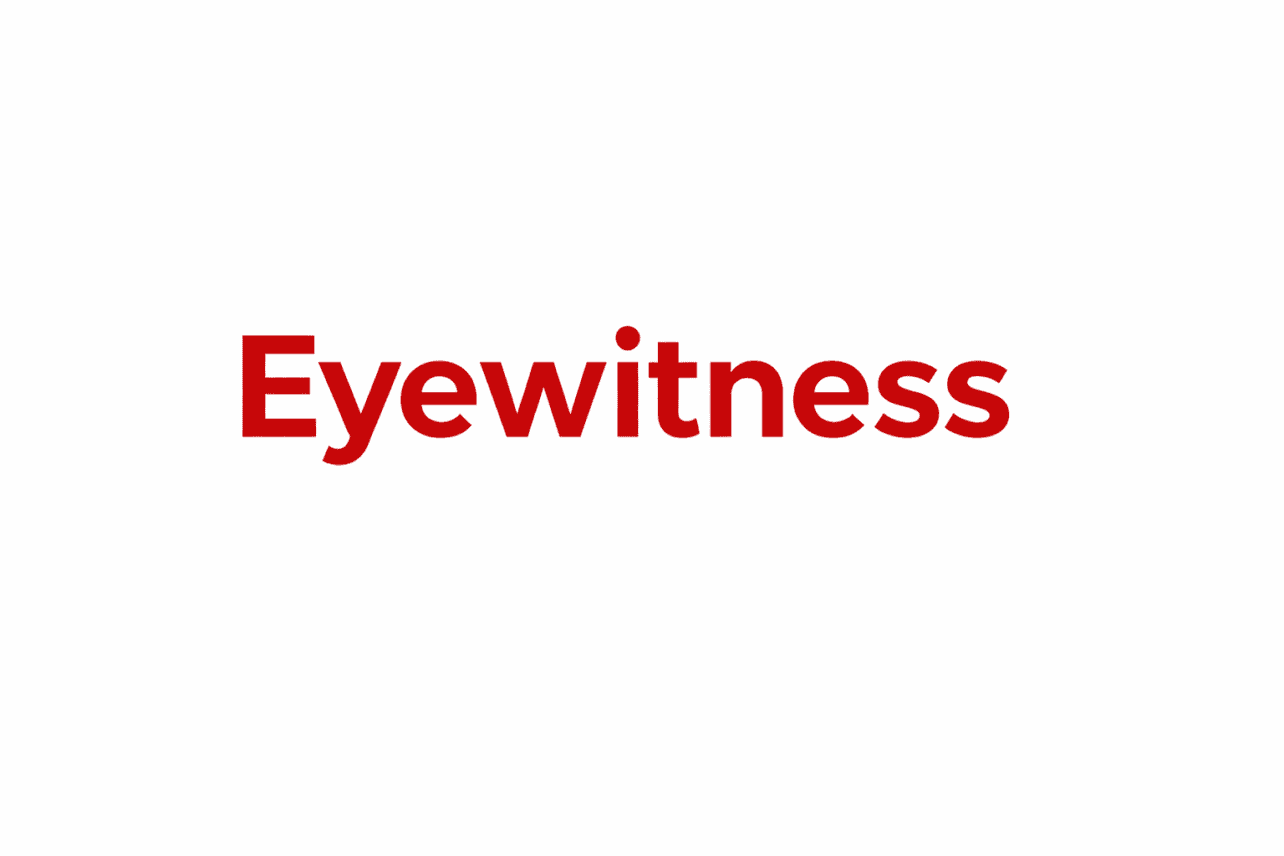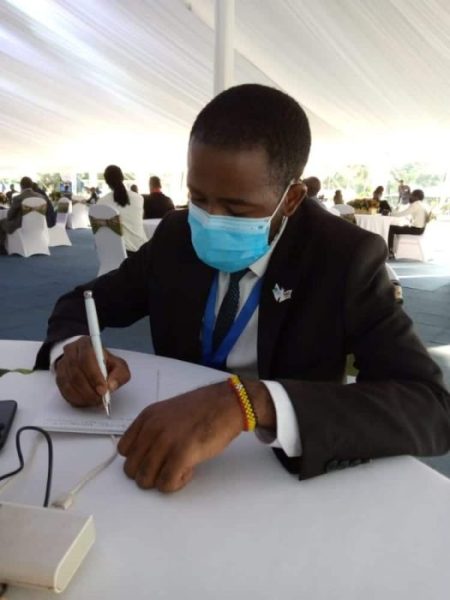By Mubale Muke Chrispus.
Globally more than 12% of humanity is part of any of over three million co-operatives in the world. According to the World Co-operative Monitor (2020), the capital of the co-operative movement is the largest with 300 billion USD spread across the globe. Uganda has over 31,442 registered co-operatives (as of August 2022) spread across the different sectors of the economy.
World over, Co-operatives contribute to sustainable economic growth and stable, quality employment providing jobs or work opportunities to over 280 million (10%) of the world’s employed population.
Research has proven that co-operatives world over empowers the marginalized population of the world by bringing them into the mainstream of socio-economic activities through creating employment opportunities, working towards alleviation of poverty, ensuring for more equitable distribution of scarce resources, and providing the basis for a sustainable growth economy and meaningful growth.
It is upon the above background that the government of Uganda has adopted the use of co-operatives as a vehicle for a number of programs including; Bona Bagagawale, Emoyooga, and the recent Parish Development Model (PDM) among others. Some of the programs have seen their first birthday and others have not.
The above is linked to the government working in isolation during policy formulation even when there is an apex body that speaks for the co-operative movement and has the requisite technical knowledge. One cannot ignore the legal framework in which they (Co-operatives) operate.
Currently, the Co-operatives act (as amended) leaves SACCOS in the handle of multiple regulators, which makes their operations challenging. As the apex body, we are not against regulation and licensing because it is a mechanism of protecting members’ savings but we call upon the government to come up with a single regulator like the case in Kenya.
The Legal Analysis and History
It was not until 1945 that Britain allowed colonies to organise co-operatives. The 1946 Ordinance was enacted to enable the colonial administration to control the unions and cooperative groups that had come into existence. Peasant farmers saw the Ordinance as the best means of increasing government control of their business and many groups refused to register. Could the government be riding on the 1945 law to create confusion?
A couple of months ago, the Uganda Microfinance Regulatory Authority (UMRA) advertised that money lenders and SACCOS should subscribe by applying to it for licensing and regulating, a few months later Bank of Uganda also made a similar call, I am wondering if the Ministry of Trade, Industry, and Co-operative, which has the powers to register, deregister and regulate SACOOs won’t make a similar call since it has the Office of the Registrar of Co-operative Societies who is responsible for registering and certifying SACCOS.
One wonders whether the dual was targeting the Parish Development Model money.
Where does the law leave us the co-operators (Especially the big SACCOS)?
Current Situation
The enactment of the law in 2016 saw SACCOs being registered by the Office Registrar of Co-operative Societies but licensed by the Uganda Microfinance Registration Authority (UMRA) and Bank of Uganda.
The 2020 amendment gave the Registrar of Co-operatives power to register, regulate, supervise, and de-register SACCOs. This has since then created parallel laws which are not only conflicting but also practically hard to implement.
REGULATION OF SACCOS
Until 2021 SACCOs were registered and regulated like other Co-operatives under Cap 112 and restricted transactions to nonmembers. Cap 112 restricted the provision of loans to only members of a SACCO but also required the consent of the Registrar of Co-operatives in case of non-members. Implying that if a SACCO is based in Kasese and wanted to lend out money to nonmembers, they are required to travel to Kampala to have the registrar’s clearance. It is not clear the amount of money spent on transport and the money to be borrowed.
The government moved to regulate SACCOs in 2016 depending on their size. Fragments of the licensing of SACCOs led to three separate legal regimes.
Small SACCOs (below 1.5bn in savings and 500m institutional capital) licensed by Uganda Micro Finance Regulatory Authority (UMRA) under the Tier 4 Microfinance and Money Lenders Act, 2016. Large SACCOS (Voluntary savings exceeding 1.5 billion and institutional capital of 500m) were to be licensed by the Central Bank. Under Micro Finance Deposit-Taking Institutions Act, 2003 (as amended).
The effect of the 2016 amendment was that SACCOS were now regulated under 3 laws; The Co-operative Societies Act Cap 112 was only for registering the society, after registering then they apply for a license from (UMRA). However, it maintains that small SACCOS would remain under UMRA and the Registrar of Cooperatives stopped at registration according to Tier 4 Microfinance and Money Lenders Act, 2016.
In 2019 when Parliament amended the Co-operative Societies Act Cap 112 and provided for the regulation of SACCOS without amending the Tier 4 Microfinance and Money Lenders Act, 2016 which created confusion by overlap regulation and supervision. Actually, almost all the provisions relating to SACCOS in the Tier 4 Act have been replicated in the 2020 amendment and all the laws two laws have been retained.
The amendment has further included cooperative governance, dispute resolution, and liquidation of SACCO’s which are not in the Tier 4 Microfinance and Money Lenders Act, 2016.
Effect of Amendment
The effect of the amendment is that currently SACCOs are registered and supervised by the Ministry of Trade Industry and Cooperatives at the same time they are regulated and supervised by the Ministry of Finance either through UMRA or Bank of Uganda depending on their levels.
The amendment also leaves big SACCOS without licenses and regulations which renders their savings pray to borrowers.
Gazetting the regulation and amendment was done on the same day; 30th March 2020 implying that both the Amendment and the Regulations commenced on the same day, meaning that at the same time, a SACCO is being registered at the Office of the Registrar of Co-operatives should be simultaneous with applying for regulation at UMRA which is practically not possible.
The co-operatives are struggling to make a social-economic change that one would love to see in this country partly due to an ugly law that needs urgent amendment.
The writer is the Communications and Marketing Officer at Uganda Co-operative Alliance Limited.


